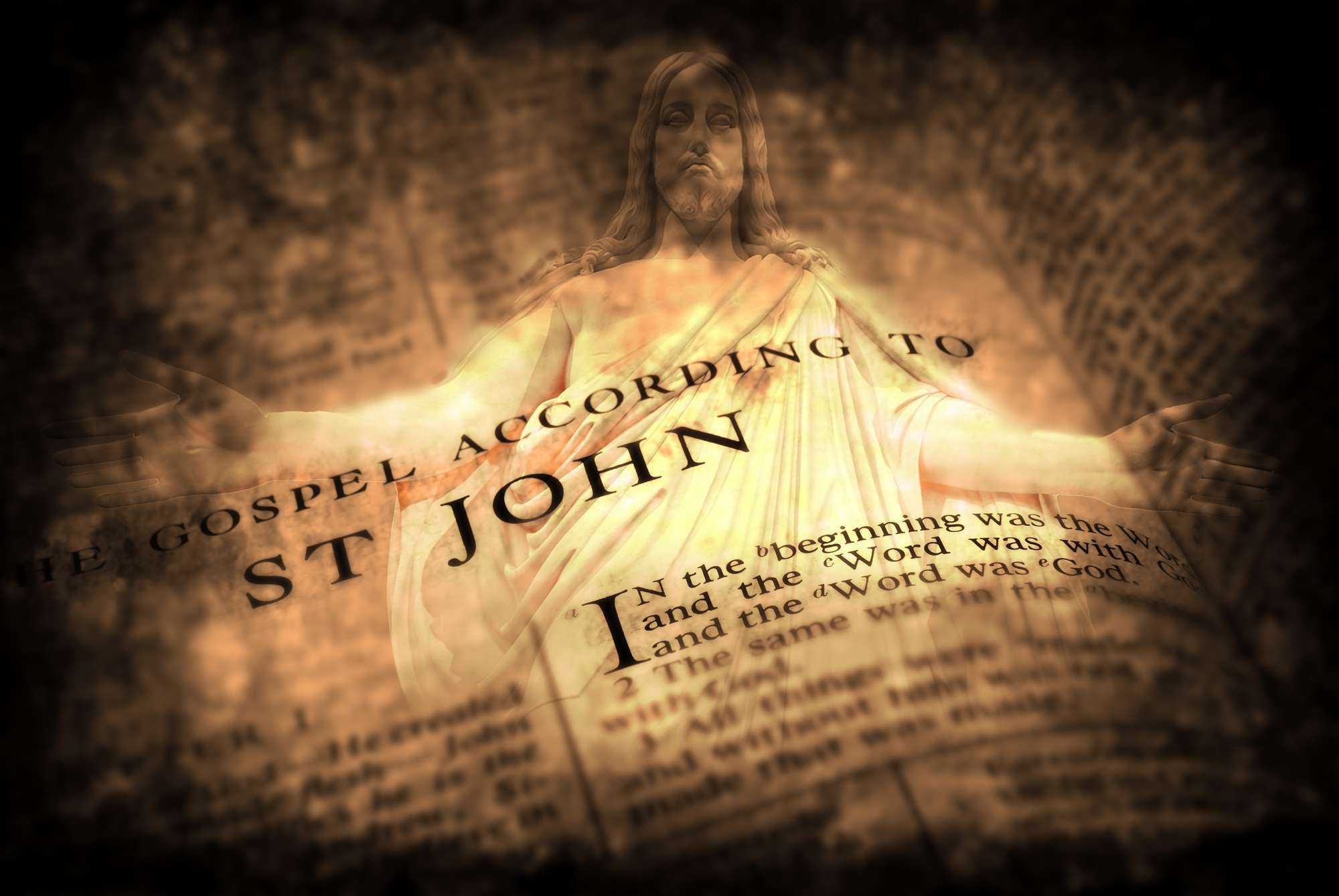BY ERROL A. GIBBS
The Western world thinks of democracy and Christianity as synonymous; the evidence demonstrates otherwise. Christianity was not a foreshadowing of democracy. The Christian (church) has indelibly stained its reputation by its early beginnings. There is neither a concurrent, congruent, nor a parallel path of Christianity and democracy.
It is laudable, though that Christianity and democracy have spread to the West, bringing noble human virtues that have set high ideals for democratic leadership ―a compelling call for the exercise of faith, belief, and practice. Paradoxically, the “fault lines” that have developed in Western nations birthed their constitutions that have cast “long-dark shadows over otherwise what could have been two compatible systems of human governance.
Christianity began as a movement within Judaism but quickly spread outside the Jewish community; by the late fourth century, it was the official religion of the Roman Empire. During the Middle Ages, there was a theological and political conflict between the followers of the patriarch in Constantinople and the followers of the pope in Rome, leading to a split between the Western Church and the Eastern Church (also known as the Eastern Orthodox Church) in 1054 (July 16, 1054 CE: Great Schism ―National Geographic).
Conversely, democracy began in the year 507 B.C., the Athenian leader Cleisthenes introduced a system of political reforms that he called demokratia, or “rule by the people” (from demos, “the people,” and kratos, or “power”). It was the first known democracy in the world…Although this Athenian democracy would survive for only two centuries, its invention by Cleisthenes, “The Father of Democracy,” was one of ancient Greece’s most enduring contributions to the modern world (History.com Ancient Greek Democracy).
The travesty that the world faces today is its involvement in several major atrocities in world history ―notable the INQUISITION (“Holy Inquisition”) was a powerful office set up within the Catholic Church to root out and punish heresy throughout Europe and the Americas ―beginning in the 12th century and continuing for hundreds of years…” (History.com ―Inquisition).
The CRUSADES were a series of religious wars between Christians and Muslims started primarily to secure control of holy sites considered sacred by both groups. In all, eight major Crusade expeditions occurred between 1096 and 1291. The bloody, violent and often ruthless conflicts propelled the status of European Christians, making them major players in the fight for land in the Middle East. (History.com ―Crusades).
Black African enslavement (1619 – 1863). Throughout the 17th and 18th centuries, people were kidnapped from the continent of Africa, forced into slavery in the American colonies, and exploited to work as indentured servants and labor in the production of crops such as tobacco and cotton…” (History.com ―Slavery in America).
Eric Williams (1911–1981): “The church also supported the slave trade. The Spaniards saw in it an opportunity of converting the heathen, and the Jesuits, Dominicans, and Franciscans were heavily involved in sugar cultivation, which meant slaveholding. Eric Williams, Capitalism and Slavery (London: Andre Deutsch Limited © 1944 by Eric Williams), p. 42.
On September 22nd , 1862, President Abraham Lincoln issues a preliminary Emancipation Proclamation, which sets a date for the freedom of more than 3 million black slaves in the United States and recasts the Civil War as a fight against slavery (History.com ―Lincoln issues Emancipation Proclamation).
Rather than the breakthrough of a “new” phase of Western Christian “moral enlightenment,” the world has witnessed a “new” era of racial, social, educational, and economic oppression, underpinned by the brutal “lynching” of blacks that has lasted in different forms up to the twenty-first century.
Postmodern Western Christian enlightenment, democracy, and academic scholarship should have the capacity to lift humanity out of the “blight of oppressing” weaker peoples and nations. More importantly, to eliminate, mitigate, or manage international disagreement. Instead, Western Christian nations readily assembly coalitions to engage in brutal wars ―justified by fear ―of a breach in the nation’s security in stark contradiction to Biblical admonishment (Proverbs 9:10, 29:25, and Psalm 91).
How did the Western world arrive at these crossroads of incongruence? The cornerstone of this postmodern dilemma lies in the circumvention of the Biblical constitution (law) (the Christian Bible) by secular Western constitutions. Men penned secular constitutions, predicated on political, legal, social, and economic expediency, not “religion” (spirituality), or the dignity of all of humankind.
Secular Western constitutions do not recognize that sovereign humans must live by faith, belief, and practice ―spiritually commanded. It does not explain the improbability of nations striving to govern themselves ―incongruously by two masters (spiritual (religious) and secular).
“Separation of Church and State is another concept that many in the Christian world have adopted, though it only works in favour of the secular world. Separation of Church and State is counterintuitive, counterproductive, illogical, and implausible, giving rise to the world’s utter chaos. The concept is neither Biblical, constitutional, nor politically expedient. Separation does not provide either a “spiritual” or “constitutional” pathway for the state to benefit from the “moral and sanctifying power” of the church. God gave His last word in Daniel 2:44. (Continued in Part 3 of 3).


 Junior Contributors1 week ago
Junior Contributors1 week ago
 Community News1 week ago
Community News1 week ago
 The Poetic Word1 week ago
The Poetic Word1 week ago
 Sports1 week ago
Sports1 week ago
 Junior Contributors1 week ago
Junior Contributors1 week ago
 Community News5 days ago
Community News5 days ago
 Community News5 days ago
Community News5 days ago
 Community News5 days ago
Community News5 days ago























